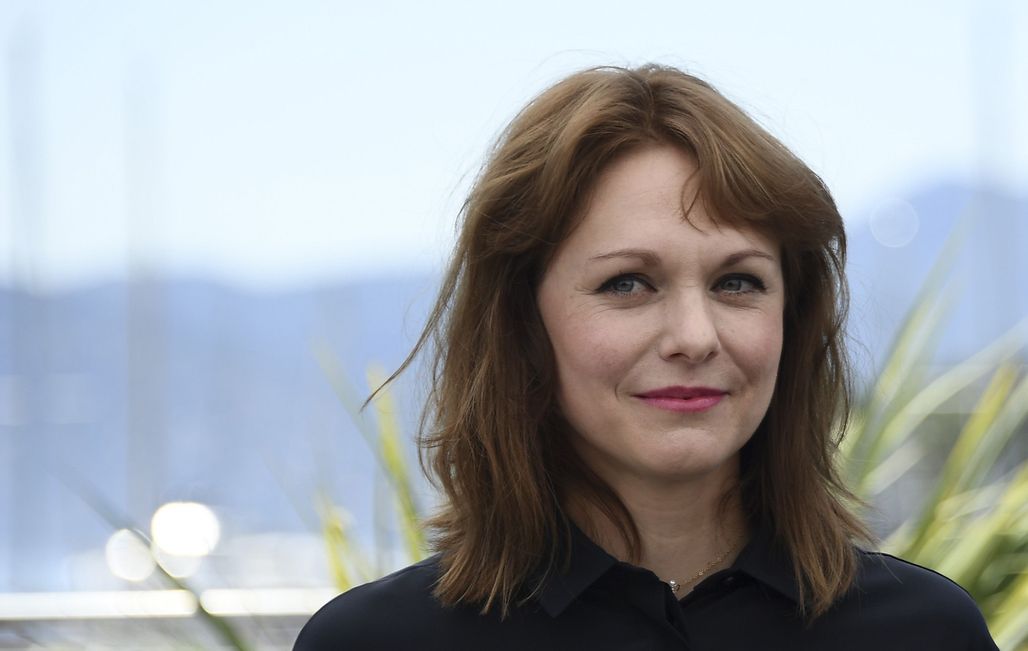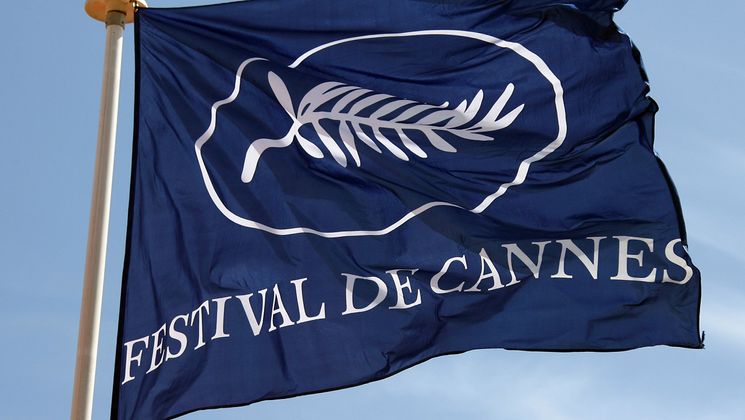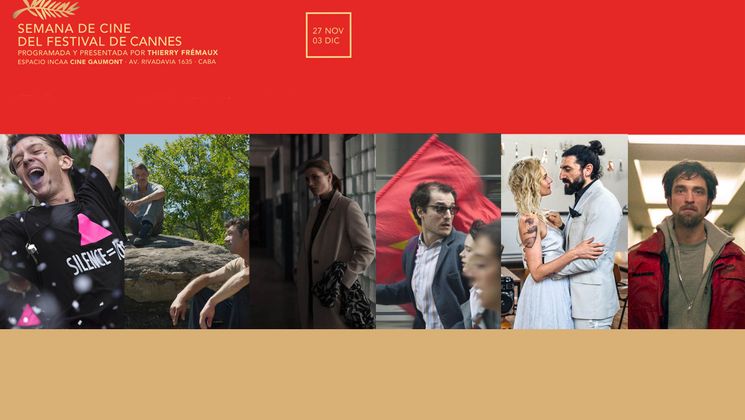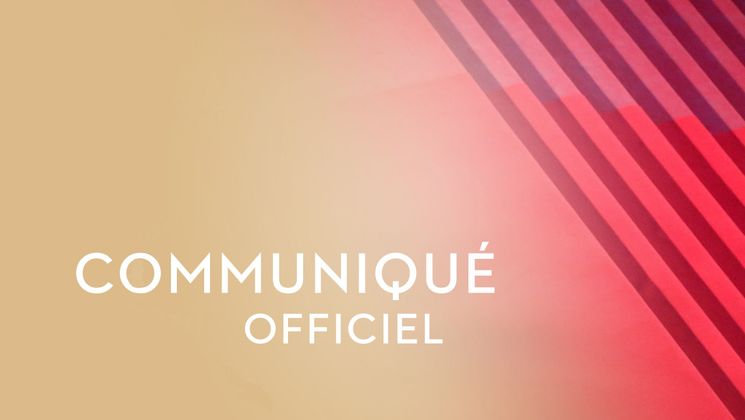
Interview with Maren Ade, a member of the Feature Films Jury

A meticulous director utterly dedicated to her characters, Maren Ade gave us a taste of the impressive range of her talents at the 69th Festival de Cannes with Toni Erdmann, a dramatic comedy that portrayed the strained bond between a waggish father. Acclaimed for her cinematic sensitivity and her skill at capturing cracks in relationships, the German director gives us an insight into her process.
The huge success of Toni Erdmann began here at Cannes. How has the last year been for you?
The months following the screening at Cannes were incredible. The praise the film got during the Festival played a big part in its success. At the end of it all, I toured cinemas presenting it and meeting spectators. The main thing was that people took ownership of the film.
Many described it wrongly as a comedy…
Spectators have fewer hang-ups about going to the cinema when you tell them it's a comedy! Having said that, the father was a hopeless joker. But deep down the film was always a drama. During the shoot, I took care to make sure both sides were treated equally and I'm glad the public picked up on both.
What's the best way to ensure a film works?
It's all about being honest with yourself! For my part, I also needed to surrounded myself with a trusted circle – a producer and director friends – who were honest enough to tell me when part of the film needed improving. I like working with that kind of mindset around me. I always encourage those around me to be as open as possible.
Sometimes honesty suffers when success comes around…
Yes that's often the downside. As far as I'm concerned, the gestation period for my films is so long that it helps me sidestep these glitches. And I simply have to take a break from the film world between two films.
Your characters are always very intricate and portrayed in great depth…
I dedicate every ounce of attention to my characters. I always take a long time to explore the elements that bind them or separate them. For Toni Erdmann, I wrote down hundreds of ideas about the relationship between the father and the daughter. Little by little, a plot emerged from among these links. What was interesting was coming up with a different entry point to the story. So I had the idea of the father who puts on an unexpected disguise and provokes situations that reveal his relationship with his daughter.
So does the narrative adapt to the characters, rather than vice versa?
The camera is secondary. It has to be content to follow the characters. Of course it's vital to decide in advance what the camera will do and when, because these choices give the film perspective and narrative power, and create room for the spectator. But if an actor feels a scene should be done differently or in a different place. I always take their advice on board.
‘I like to preserve the purity of the acting for the shoot’
Are you close to your actors
We get to know each other through a long series of rehearsals which I like to do before the shoot beings. The aim is to find a language we can use to work together, and not necessarily to rehearse the script, as I like to preserve the purity of the acting for the shoot'.
When you're a director, is it hard to maintain a balance between your world and the need to keep renewing?
I've never really had to think about this notion of renewing my work. For the simple reason that my cinematographic language is the result of my work on the characters. I'm so focused on their behaviour, their richness, and my ambition to create an open and precise narrative…. For Toni Erdmann, I simply wanted to work in the comedy genre, but in my own language.
You're also a producer. How did that dual role benefit Toni Erdmann ?
It gave me great freedom to run the project. If the film had flopped it would have been nothing but my own fault. But my dual role makes the project more interesting. For Toni Erdmann, I was able to add three days of shooting to replace those which had been less productive. I wish every director could enjoy that level of comfort. It's also a question of mindset.
How can we get more young women behind the camera?
I think we have to introduce quotas to give women equal access to funding. I've long beens ceptical on this question because when it comes to art, it's the project itself that should be the clinching factor. But I think we should try out an equitable quota, calibrated to each industry, At least for a few years, so there's an end to the debate. And perhaps we female directors need to be encouraged more.


